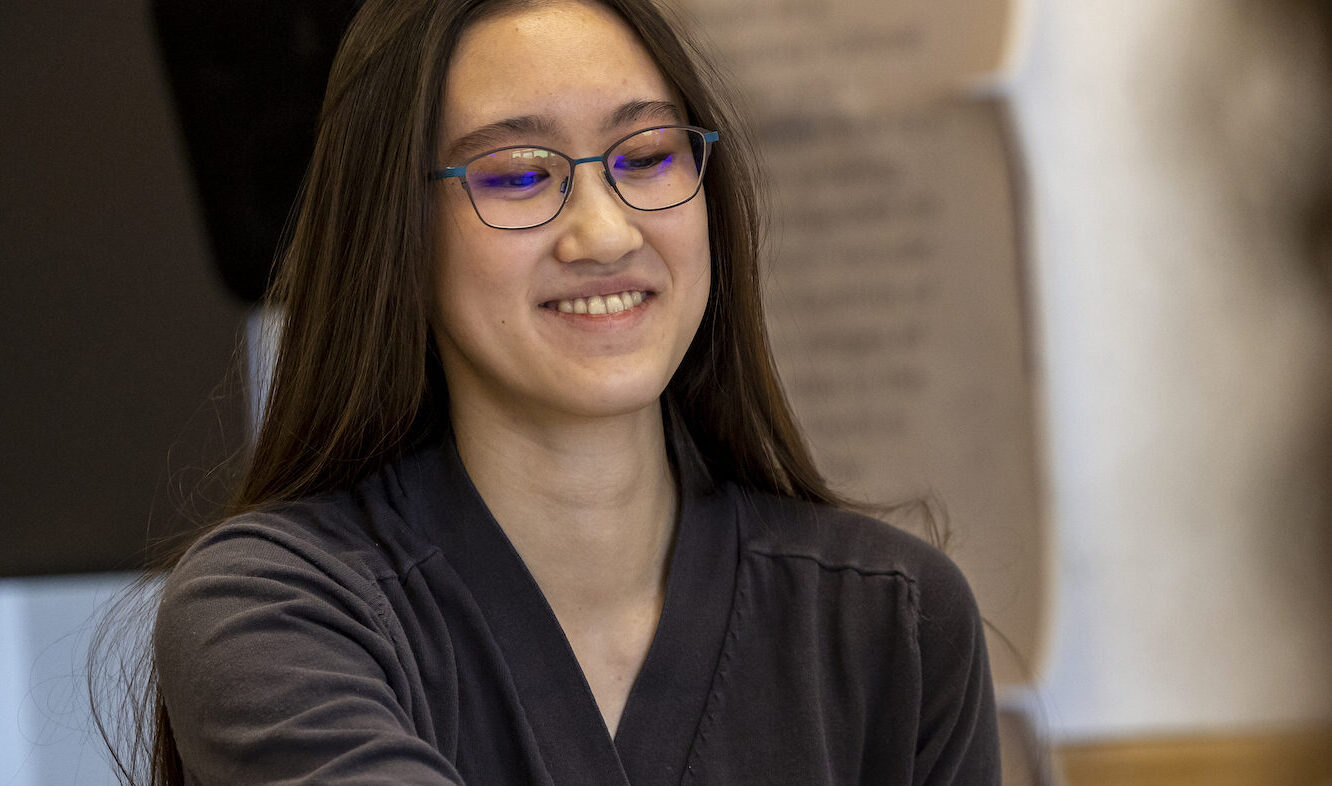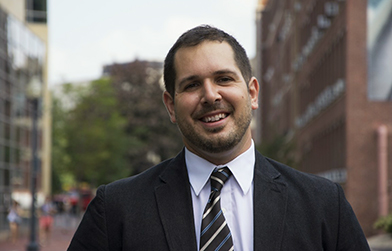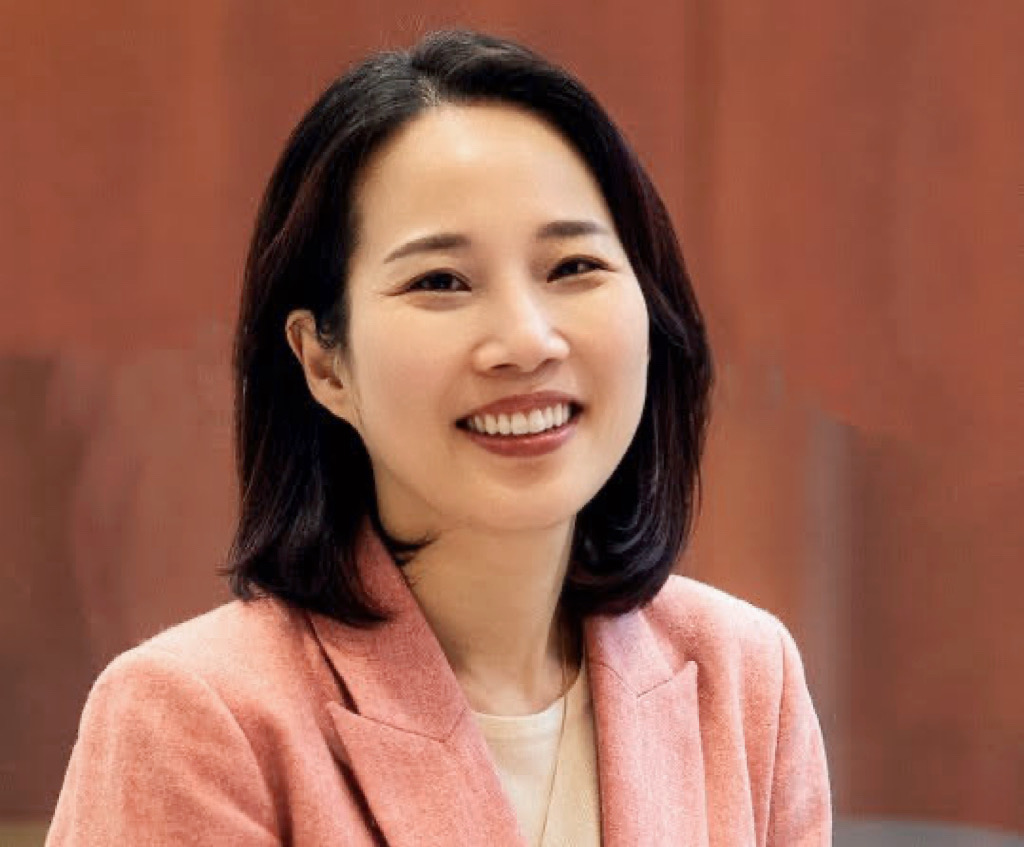Career Opportunities
- Reporter
- Public Relations
- Newsletter and Social Media Editor
- Lawyer
- Audience Engagement Editor
- Documentary Filmmaker
- Web Producer
Multidisciplinary Skills
- writing
- reporting
- research and analysis
- critical thinking
- visual storytelling
- social media
- interviewing skills
- digital skills
- shooting and editing
- production skills
Share
The MA in Journalism combines courses in the fundamentals of news and feature writing with a grounding in digital skills. Students come to the program from a variety of backgrounds. In small, nurturing classes, students begin introductory journalism courses and move on to advanced courses in investigative journalism, digital fundamentals and magazine writing.
Based in Boston, with its vibrant media and technology scene, the MA in Journalism program offers students the opportunity to gain real world experience in newsrooms in the city and across the country through Northeastern’s Cooperative Education, or co-op, program. Our students study with award-winning faculty who have come to Northeastern with years of experience. With their guidance, students regularly publish their work with local and national news outlets. They also take advantage of opportunities to collaborate with our faculty on cutting-edge research that has real world impact.
The Northeastern School of Journalism has several Pulitzer Prize winners on its faculty, and teachers are committed to mentoring, providing individual attention, and tailoring learning to your needs. Our programs are small and intensive, with a strong sense of community and frequent student-faculty interaction. In addition to giving you journalism skills, we aim to give you the knowledge to thrive in the workplace across the digital economy.
The MA in Journalism consists of 36 credit hours. The program can typically be completed in three or four semesters.
Competitive scholarships, paid research assistantships and paid reporting opportunities are available for eligible students. Students produce in-house publications like The Scope, which covers social justice movements in Boston, and Storybench.org, a digital storytelling site covering the future of journalism widely read within the industry and Global Observer, offering news coverage through the lens of the international student experience. Students also collaborate with faculty through the Co-Laboratory for Data Impact, and gain foreign correspondence experience on reporting trips to countries like Cuba, Panama and Greece.
We have trained many students in many skill and knowledge areas, including in data reporting and visualization, web development, podcasting, analytics, and experimental video including augmented and virtual reality. In the last few years students have interned at The Wall Street Journal, Reuters, The Boston Globe, The Marshall Project, PBS’s NOVA, WGBH’s Frontline, Reveal from the Center for Investigative Reporting, WBUR’s Innovation Hub, NPR’s On Point, WGBH’s Basic Black and The Bay State Banner. Our students have also written for The New York Times, Roll Call, Washington Post, WGBH News, Undark Magazine, Columbia Journalism Review, Smithsonian Magazine and InsideClimate News.
Alumni have gone on to jobs at places such as National Public Radio, The Los Angeles Times, Washington Post, Wall Street Journal, Texas Tribune, VTDigger, Arizona Republic, Business Insider, Indianapolis Star, CBS Interactive and NJ.com. They have also successfully leveraged the broad learning offered within the degree to go into nonprofit communications, digital marketing, and product development.








